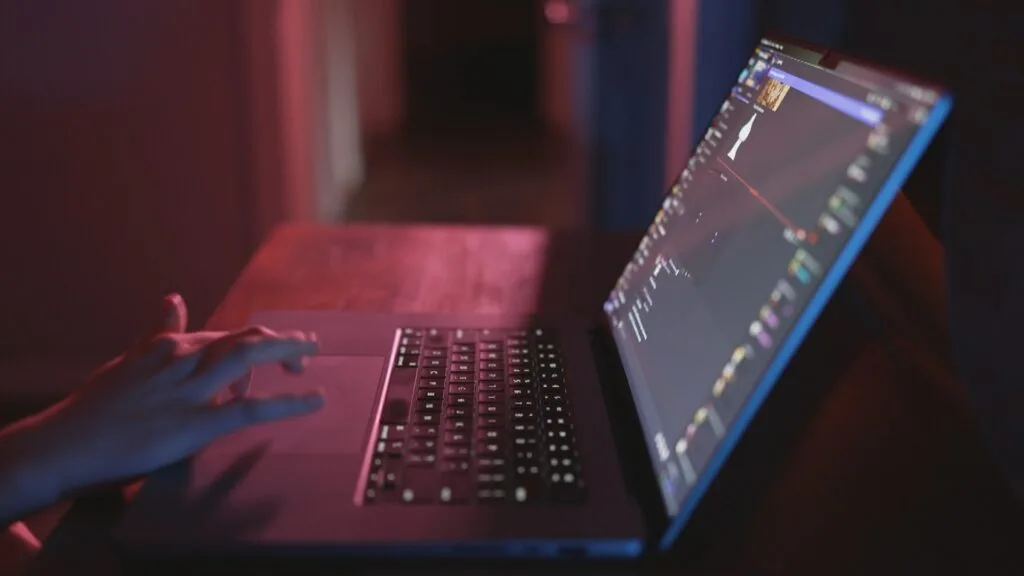Investigating a Massive Online Leak of Government Secrets

April 6, 2024
On March 4, 2024, Air National Guard member Jack Teixeira pleaded guilty to charges related to one of the country’s largest leaks of classified information.
How did Teixeira manage to go without notice for months as he leaked hundreds of pages of government documents on Discord, the online chat platform popular with teenage gamers?
Shane Harris and Sam Oakford were part of a team of Washington Post reporters who set out to investigate, and who partnered with FRONTLINE director Tom Jennings. The FRONTLINE/Washington Post documentary The Discord Leaks investigates Teixeira’s online world, his massive leak of national security secrets and the role of platforms like Discord. The documentary also raises tough questions about the military’s vetting of applicants’ online behavior.
Jennings, Harris and Oakford joined host Raney Aronson-Rath to talk about recent developments related to national security leaks, Teixeira’s case and what the documentary reveals.
“What Jack’s case shows is this huge vulnerability at the heart of the intelligence apparatus, of an insufficient system for vetting people, and a system that’s built so that people can get access to secrets and share them with practically whomever they want,” Harris told Aronson-Rath. “And I think that is going to be a major challenge for the military and the intelligence agencies going forward.”
You can watch The Discord Leaks on FRONTLINE’s website, the FRONTLINE YouTube Channel, and the PBS App. Read The Washington Post’s related reporting at washingtonpost.com.
Want to be notified every time a new podcast episode drops? Sign up for The FRONTLINE Dispatch newsletter.
Latest Documentaries
Explore
Policies
Teacher Center
Funding for FRONTLINE is provided through the support of PBS viewers and by the Corporation for Public Broadcasting, with major support from Ford Foundation. Additional funding is provided the Abrams Foundation, Park Foundation, John D. and Catherine T. MacArthur Foundation, Heising-Simons Foundation, and the FRONTLINE Trust, with major support from Jon and Jo Ann Hagler on behalf of the Jon L. Hagler Foundation, and additional support from Koo and Patricia Yuen. FRONTLINE is a registered trademark of WGBH Educational Foundation. Web Site Copyright ©1995-2025 WGBH Educational Foundation. PBS is a 501(c)(3) not-for-profit organization.



















